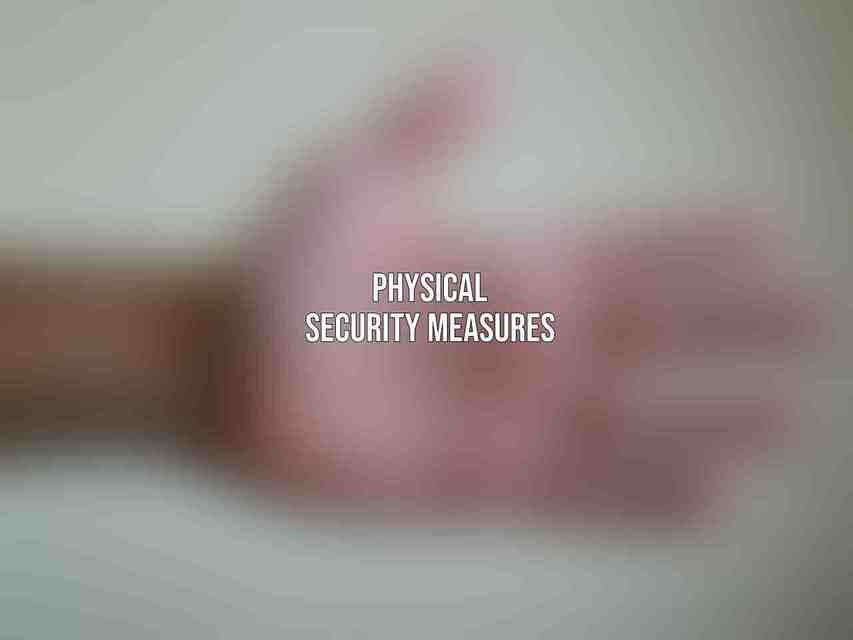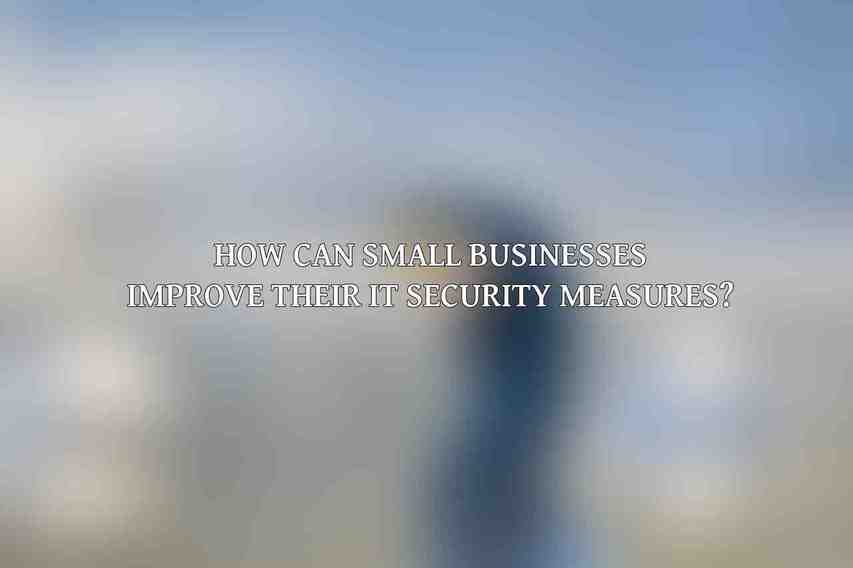Cybersecurity has become a critical aspect for businesses of all sizes. small businesses are often prime targets for cyberattacks due to limited resources and potential vulnerabilities. understanding the importance of it security, the potential costs of data breaches, and the common threats faced are essential for small business owners to protect their assets and maintain business continuity.
As small businesses increasingly rely on technology to conduct operations, the importance of robust IT security measures cannot be overstated. A breach in cybersecurity can have devastating consequences, including financial losses, damage to reputation, and legal implications. Implementing adequate safeguards is crucial to safeguard sensitive data and maintain customer trust.
The cost of data breaches for small businesses can be staggering. According to the Small Business Administration, the average cost of a data breach for a small business can range from thousands to millions of dollars. These costs may include expenses related to notifying affected customers, legal fees, and recovery of compromised data.
Common IT security threats faced by small businesses range from phishing attacks and ransomware to malware infections and social engineering. Cybercriminals often prey on small businesses due to perceived weaknesses in their defenses. Understanding these threats and taking proactive measures is crucial to mitigating risks.
Establishing a Security Framework
Creating a comprehensive IT security framework is the foundation for safeguarding your small business against cyber threats. This framework should include:
- Creating an IT Security Policy: Developing clear guidelines and protocols for handling sensitive information, accessing systems, and responding to security incidents.
- Defining Roles and Responsibilities: Assigning specific roles for cybersecurity tasks and ensuring accountability within the organization.
- Conducting a Risk Assessment: Identifying potential vulnerabilities and assessing the likelihood and impact of security incidents.
- Implementing Security Controls: Deploying tools and technologies to protect company assets and data.
Physical Security Measures

In addition to digital safeguards, physical security measures play a crucial role in protecting your small business. These measures may include:
- Access Control: Utilizing biometric readers, keycards, or security personnel to restrict unauthorized access to physical spaces.
- Environmental Controls: Implementing firewalls, security cameras, and intrusion detection systems to monitor and secure your premises.
- Backup and Recovery Procedures: Establishing regular backup routines to ensure data can be recovered in the event of a security breach or system failure.
Continue reading on the next comment for more sections…
Frequently Asked Questions
What is the importance of IT security for small businesses?
IT security is essential for small businesses to protect their sensitive data, financial information, and customer details from cyberattacks and data breaches.
How can small businesses improve their IT security measures?

Small businesses can improve their IT security by implementing strong password policies, regularly updating software and systems, training employees on cybersecurity best practices, and investing in security tools like antivirus software and firewalls. Read more on Top Cybersecurity Tools for Small and Medium Enterprises
What are common cybersecurity threats faced by small businesses?
Common cybersecurity threats faced by small businesses include phishing attacks, ransomware, malware, insider threats, and DDoS attacks.
How can small businesses create a disaster recovery plan for IT security incidents?
Small businesses can create a disaster recovery plan for IT security incidents by identifying potential risks, establishing backup and recovery procedures, testing the plan regularly, and ensuring employees are trained on how to respond to security incidents.
What should small businesses consider when selecting an IT security provider?
When selecting an IT security provider, small businesses should consider factors such as reputation, expertise, cost, services offered, compliance with regulations, and ability to provide ongoing support and monitoring. Check this blog on IT Security Training Programs for Small Business Employees

